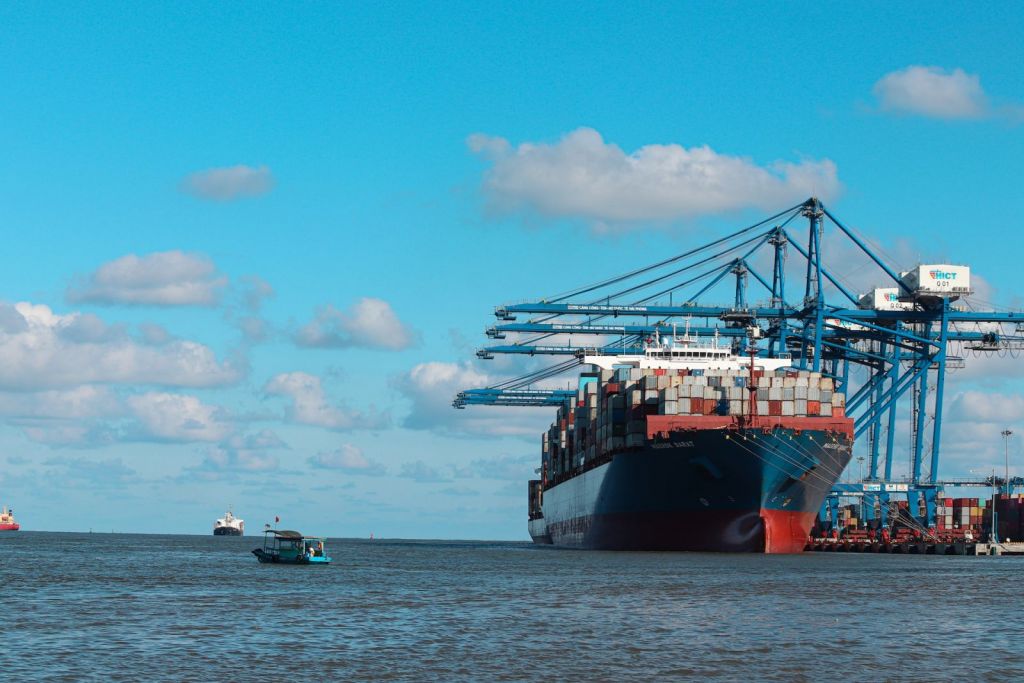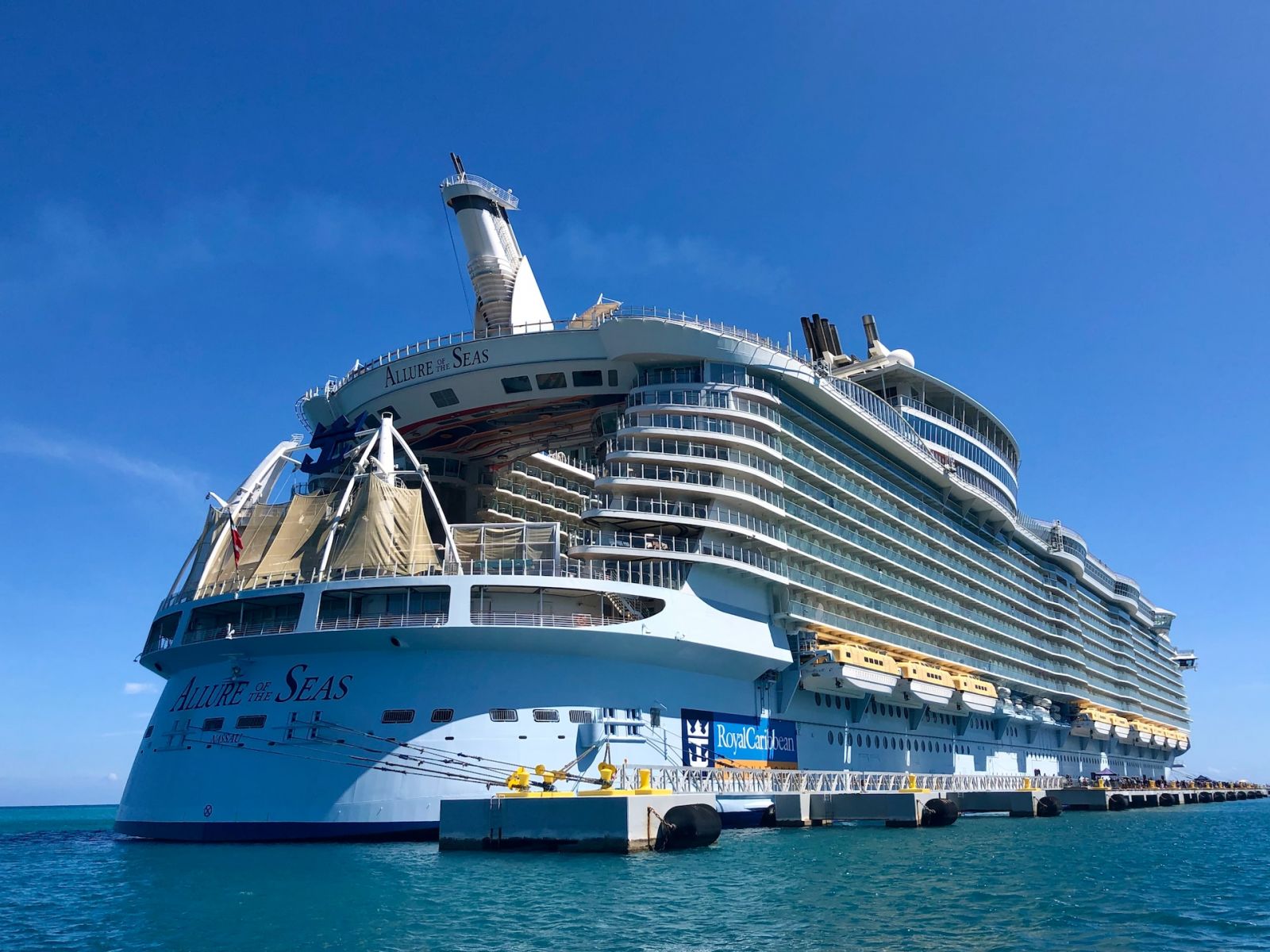Average Interstate Boat Transport Cost (All Types & Lengths)
The cost of interstate boat transport varies depending on several factors, like the type and size of your boat, its length, the distance you need it transported, and the time of year. If you plan to move a boat from one state to another, by land or by water, from small recreational boats to large yachts, here's a breakdown of the costs for all types and lengths of boats.
Interstate shipping for sailboats, pontoons, and powerboats can cost as little as $150; for yachts, $1,500; for catamarans, $1,000; for canal or narrow boats, $250; for small boats, $50; for boats under 20 feet, $300; and for boats over 40 feet, $5,000.
As you plan to transport your boat, you may find the best price and services for your needs when you gather and compare quotes from different transporters. You could also benefit from discounts for multiple boat shipments or off-peak seasons.
Summary
- On average, interstate boat transportation can cost between $600 and $15,000 for longer distances and between $150 and $350 for shorter trips.
- For boats less than 20 feet long, expect to pay $1.50 to $3.00 per mile, while boats larger than 40 feet require approximately $4.50 to $6.50 per mile.
- On average, boat transport costs per mile hover around $1.63.

On this page:
Interstate Boat Transport Cost by Boat Type
There's a wide range of costs when it comes to different types of boats. Here are some quick numbers for you:
| Types of Boats | Interstate Boat Transport Cost |
|---|---|
| Sailboats | $150 to $15,000 |
| Pontoons | $150 to $1,000 |
| Motorboats | $150 to $1,000 |
| Yachts | $1,500 to $100,000 |
| Catamarans | $1,000 to $20,000 |
| Canal or narrow boats | $250 to $800 |
| Small boats | $50 to $500 |
| Fishing boats | $150 to $1,000 |
| Cargo boats | $5,000 to $50,000 |
These boats typically require specialized trailers and equipment to ensure that they are properly supported during transport. To ensure you get the best deal, it's a good idea to get quotes from different transporters to compare prices and services. Some companies may even offer discounts for multiple boat shipments or during off-peak seasons.
Transporting a sailboat
The cost may range from $150 to $15,000. Sailboats are powered by wind and sails, and their lengths can vary significantly. You can find smaller sailboats at around 10 feet, while larger ones can reach up to 150 feet or more. They typically require specialized trailers and equipment to ensure that the mast and rigging are properly supported during transport.
Transporting pontoons
Pontoons are flat boats with lightweight structures, often used for leisure. They usually measure between 15 and 30 feet. As pontoons are relatively simple in design and lighter, transporting them may cost between $150 and $1,000.
Interstate motorboat transportation
Transporting a motorboat will cost between $150 and $1,000. Similar to sailboats, size and distance contribute to the variation in cost. Typically, heavier and more powerful motorboats require more resources, increasing the cost. These boats use engines for propulsion and come in various sizes, shapes, and designs. They typically range from 15 to 100 feet in length.
Yacht transportation can get quite pricey
The costs range from $1,500 to $100,000. This wide price range arises due to the delicate features of yachts and their varying sizes, which lead to different transport needs. Yachts are luxurious and comfortable boats, ideal for longer journeys or living on board. Their lengths can vary from 30 to well over 100 feet. Larger yachts may require permits and escorts for transport on public roads.

Moving a catamaran
Catamarans have two hulls connected by a deck or bridge, offering more stability on the water. These boats can range between 16 and 65 feet in length. Moving a catamaran can cost between $1,000 and $20,000, depending on the size and distance traveled.
Cost to transport narrow boats
Canal and narrow boats are designed for navigating shallow waters and narrow canals, usually measuring between 30 and 70 feet long. The cost of transporting one may range from $250 to $800.
Transport cost of small boats
Small boats include kayaks, canoes, rowboats, and inflatables. These boats typically measure between 8 and 20 feet in length. They can typically be transported on standard trailers or roof racks. These boats are lighter and smaller, so transporting them is generally more manageable and less expensive. Their transport costs can range between $50 and $500.
Transportation of fishing boats
The cost falls within the range of $150 to $1,000. Factors influencing the cost include the size of the boat, the distance to travel, and specific transport requirements.
Transporting cargo boats
The cost varies depending on factors like boat size, distance, and cargo-related requirements. As a rough estimate, the cost to transport a cargo boat interstate can range from $5,000 to $50,000 or more. This cost includes the use of specialized trailers and equipment, as well as any necessary permits and insurance coverage.
Interstate Boat Transport Cost by Boat Length
On average, transporting a boat less than 20 feet long costs $1.50 to $3.00 per mile, while boats larger than 40 feet require approximately $4.50 to $6.50 per mile. As your boat's size increases, the cost to move it also increases. Be sure to accurately measure the length of your boat to get a more precise cost estimate for the transport.
Here is a general breakdown of the cost based on boat length:
| Boat Length | Interstate Boat Transport Cost |
|---|---|
| Under 20 feet | $300 to $1,500 |
| 20 to 40 feet | $1,500 to $5,000 |
| Over 40 feet | $5,000 to $15,000 or more |
Distance you need to move your boat
Generally, the farther the distance, the higher the cost. However, keep in mind that for longer trips, the per-mile rate might decrease. This factor is usually determined by the transport company you choose, so it's crucial to get multiple quotes and compare the prices to find the best deal for your specific needs.

To estimate the cost for your specific boat, simply multiply the number of miles in your trip by the value based on the size of your boat. For example, if your boat measures 10 feet and you need to transport it 500 miles with costs per mile of $2.25 to $3.25, the cost would be:
500 miles * $2.25 = $1,125 (minimum)
500 miles * $3.25 = $1,625 (maximum)
These are just estimates, and your actual cost may be different based on factors like the time of year and company you choose. Be sure to research and compare prices from different boat hauling services to get the most accurate and competitive pricing for your specific needs.
Time of year to transport your boat
During peak season, higher demand typically results in increased prices. Conversely, choosing to move your boat during the off season may help you save money and avoid potential delays. Keep flexibility in your schedule to take advantage of the best rates and ensure a smooth transportation process.
| Time of Year | Interstate Boat Transport Cost |
|---|---|
| Peak season (May to September) | $1,500 to $15,000 or more |
| Off-peak season (October to April) | $1,000 to $10,000 or more |
Generally, peak season for boat transport is during the warmer months of the year, from May to September, when more people are using their boats for recreational purposes. Off-peak season is typically during the colder months of the year, from October to April.
Additional Costs in Interstate Boat Transport
| Additional Fees | Interstate Boat Transport Cost |
|---|---|
| Insurance costs | 1% to 3% of the value of your boat |
| Crane fees | $500 to $2,500 or more |
| Port charges | $500 to $2,000 or more |
| Permits | $100 to $500 or more |
| Special equipment requirements | $500 to $5,000 or more |
- Insurance costs: Boat transport companies typically offer insurance coverage for your boat during transport, but the cost of insurance can vary depending on the value of your boat and the level of coverage you choose. It's important to carefully review the insurance policy offered by the transport company to ensure that it meets your needs and provides adequate protection for your boat.
As a rough estimate, insurance costs can range from 1% to 3% of the value of your boat. For example, if your boat is worth $50,000, insurance costs could range from $500 to $1,500.
-
Crane fees: If your boat is too large or heavy to be loaded onto the trailer by hand, a crane may be required to lift it onto the trailer. The cost of crane services can vary depending on the size and weight of your boat, as well as the location of the loading and unloading points.
-
Port charges: If your boat needs to be transported by sea, you may incur additional port charges, such as dockage fees, wharfage fees, and terminal handling charges. The cost of these charges can vary depending on the size of your boat and the port of departure and arrival.
-
Permits: Depending on the size and weight of your boat, you may need to obtain permits from state and local authorities to transport it on public roads. The cost of permits can vary depending on the size and weight of your boat, as well as the number of permits required.
-
Special equipment requirements: If your boat has special equipment requirements, such as a cradle or custom trailer, the cost of transport may be higher. The cost of special equipment can vary widely depending on the type of equipment required and the size and weight of your boat.
Tips to Lower Boat Transport Costs

When it comes to interstate boat transport, there are a few tips that can help lower your costs and make the process more budget-friendly. Here are some strategies to consider:
-
Be flexible with your timeline: Transport companies often charge less when they have more time to accommodate your request. If you're able to be flexible with your pick-up and delivery dates, you may be able to secure a lower price.
-
Choose the right type of transport: The cost of boat transportation can depend on the type of transport used. Overland transport with a tow-behind trailer is generally cheaper than yacht or ship transport. Evaluate your options and choose the most cost-effective method that still meets your needs.
-
Get multiple quotes: Reach out to several boat transport companies to obtain quotes, as prices can significantly vary depending on factors like location and boat size. Use websites like Nexus Auto Transport or Town and Tourist to compare services and prices. This can greatly increase your chances of finding a company that fits your budget.
-
Measure your boat accurately: Providing accurate dimensions of your boat is crucial for getting an accurate quote. If your boat is found to be larger than reported, your costs may increase due to additional permits or equipment needed for transport. So, always make sure to take accurate measurements of your boat's length, width, and height.
-
Prepare your boat for transport: Properly preparing your boat for transport can reduce the risk of damage, potentially saving you money on repairs or insurance claims. Make sure to secure any loose items, drain fuel and water tanks, and follow any specific guidelines provided by your chosen transport company.
By following these tips, you can better manage your interstate boat transport costs and ensure a safer, more cost-effective transportation experience for your boat.
Understanding Quotes and Contracts for Boat Transport

The key factors that affect the price usually include the size and type of your boat, the distance of the move, and the seasonality of the transport industry. As a rule of thumb, longer boats require higher transport costs, so it's essential to have an estimate of boat length before contacting transport providers.
As you go through the quotes, remember to pay attention not only to the total amount but also to how it is broken down. Some transport companies may charge you additional fees, such as for permits, special handling, or fuel. Ask for a detailed breakdown of costs to ensure you're not missing any hidden charges. You can also try comparing quotes from multiple transport providers, such as this one, to ensure you're getting a fair deal for the service you need.
When reviewing the contract, be mindful of the following key points:
- Pickup and delivery dates: Make sure the dates are clearly stated and align with your preferences. It's crucial to be present for both processes to ensure proper handling of your boat.
- Insurance coverage: Verify the transport company's insurance policy as well as your own to ensure adequate coverage during transit.
- Liability: Ensure that you understand the limits of the transporter's liability. This can help you stay prepared for any potential damage that might occur.
Did you find the answer to your specific question?
👍 0 👎 0



Leave a comment